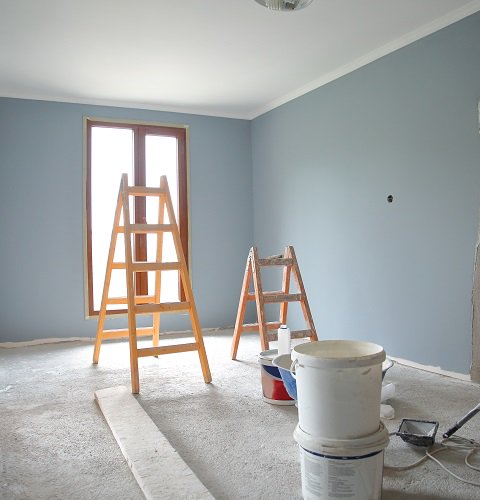What is unoccupied property landlord insurance?
Landlord insurance offers cover for tenanted property, but what happens if your tenants move out and the property does not have new tenants lined up to come in? Or if you suffer a bad experience with tenants and need to renovate your property before letting it out again?
This is where unoccupied property landlord insurance comes in. You can rest safe in the knowledge that even while your buildings are unoccupied, they are protected, with cover for both residential and commercial properties available.
Unoccupied property is often difficult to insure. Insurance providers see an increased risk of theft or damage if a property is vacant for any length of time. With Bollington, you don’t have to worry about this. With our exclusive landlord insurance policy, we can keep your cover in place if your property is vacant – and retain cover when it is tenanted again.
Our specialists can offer advice on the best cover to meet your needs, making sure your investment is safe until your property is occupied again.
No need to change policies if property is reoccupied
Let us know and we could offer you a rebate with our exclusive scheme
Instant quotes over the phone for up to 10 properties
Unoccupied property can be part of a wider portfolio – all on the same policy
Cover for a range of unoccupied property
Including non-standard construction
Do I need unoccupied property insurance?
If you are a landlord of a home or commercial property that is left unoccupied for more than 30 days, you will need to speak to your insurer or broker to ensure you have relevant cover in place.
Bollington can help you here. Whether it’s an individual property or your property is part of a portfolio, we can help you get the insurance you need to make sure that if you need to make a claim, your unoccupied property is covered.
Why do I need to tell my insurance provider that my property will be unoccupied?
As discussed elsewhere, unoccupied property carries a greater risk than occupied property. With tenants in situ, your property is less likely to be targeted by opportunist criminals.
If your buildings are subject to damage or theft, you may not be covered if your property is known to be unoccupied. Speak to Bollington about your landlord insurance arrangements and make sure you have landlord insurance for unoccupied property.
What does buildings insurance for unoccupied properties cover?
Access a range of insurers and our own exclusive scheme, with benefits including:
- Buildings only cover or combined buildings and contents cover
- Up to £10,000,000 buildings, loss of rent and content cover per location
- Properties undergoing repair or renovations can be covered
- Unoccupied properties – Commercial and Residential – covered
"The customer care is second to none it’s a shame there’s not more company’s who value there customers like Bollington do. Nothing is ever an issue and any problems that may arise are always sorted, not that I’ve ever had any issues"
William Bennet
Get a quote over the phone
Speak to an expert, call 01625 577702
Frequently Asked Questions
-
Can I combine personally owned property with company-owned or partnership-owned properties?
It is not possible to combine property with different ownership under one policy, though you can combine commercial and residential property in one policy if the ownership is the same. -
What is property owners’ insurance?
Property owners’ insurance provides cover for commercial or residential property. To make life easier, you can combine both types of property in one policy. You will normally arrange cover for your buildings and can add contents cover, too. Property owners' insurance makes it cheaper and easier to look after your policy. Instead of insuring individual properties, you can add them all to one policy. Generally, the more properties you add, the cheaper it is to get cover for each one. -
Are there different levels of property insurance?
With buildings insurance, you will need to know the rebuild cost of the properties you insure. You will also need to value any contents you wish to cover. You can pick and choose whether you want buildings and contents cover for one property and only buildings cover for another, for example. These factors will help to determine how much insurance cover you need, and the cost of cover. -
What is property owners’ liability cover?
Property owners’ liability cover combines employers’ liability and public liability cover for property owners. This protects you against claims made by employees or members of the public for alleged injuries. In the event of injury to a tenant or a visitor to your property, for example, your property owners’ liability policy can be called upon. -
What happens if I run my own business from a property?
If you own a property and run a business from it, you can get commercial combined insurance cover for both your business and your property. Contact us for more details.
Please note that these Frequently Asked Questions are not a substitute for the policy wording.
















